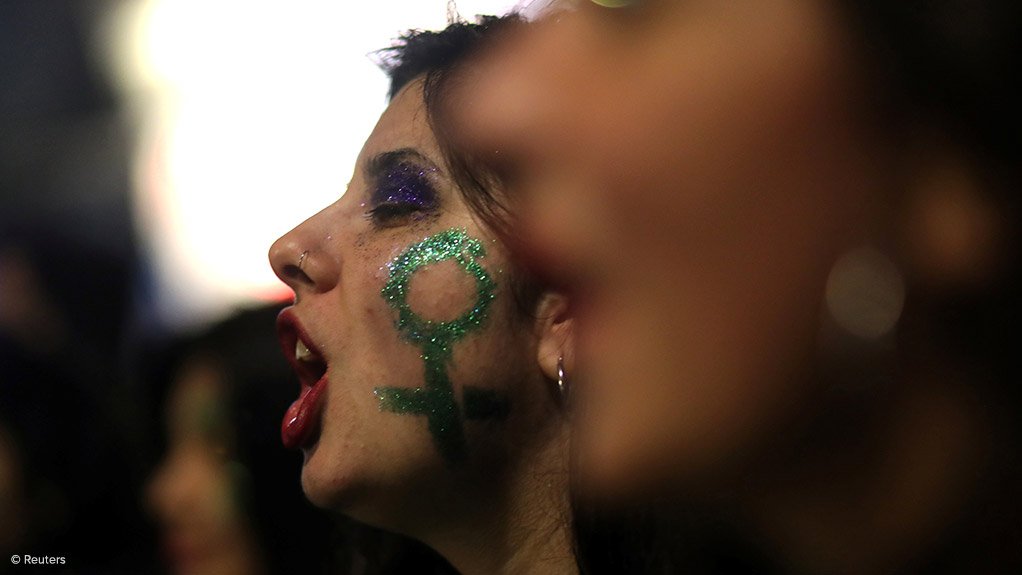Closing the gender gap in Africa and achieving gender parity in all aspects of society has become an urgent imperative as gender inequality has widened even further this year compared to last year.
This was the message delivered by delegates at the inaugural Global Gender Summit hosted by the African Development Bank (AfDB) in Kigali, Rwanda this week.
Launching the first edition of the Africa Gender Index, the AfDB and United Nations Economic Commission for Africa (Uneca) said 70 percent of women were excluded financially in Africa.
The continent has a $42-billion financing gap between men and women. And women, who are the majority of farmers, face a financing gap of close to $16-billion.
A study by McKinsey had already shown that achieving gender parity could take 140 years in Africa.
The McKinsey report said that advancing women’s equality could add 10 percent to African GDP by 2025.
The Gender Index provides useful tools not only for engaging with stakeholders but also as a tool for holding themselves accountable for delivering on their commitments.
The index is aimed at informing policies to transform economies and to propel governments to adopt an ambitious agenda for making gender equality a reality throughout the continent.
The index is the most comprehensive measurement of the state of gender equality across 51 out of 54 African countries.
It examines the position of women as an economic agent, in human development, and as active citizens and leaders, to provide African governments with a benchmark to evaluate the effectiveness of policies to advance gender equality.
“The challenges are not just about gender. They are about under-representation and lack of empowerment of women,” AfDB president, Akinwumi Adesina said.
“A smarter world must invest in women and girls. Let’s be smart, and let’s be wise. Women are the best investment any society can make.”
The Africa Gender Index scores for 2018 range from 24.0 percent to 79.7 percent, with an average score of 48.6 percent. This yields an overall gender gap of 51.4 percent.
The report said Africa has seen some significant improvements in women’s participation in the areas covered by the index, but there is still a long way to go to reach equality.
“On the social dimension, the Africa Gender Index scores tell us that African girls and women continue to be disadvantaged in education and training despite the good performance,” it said.
“They face health-related barriers and are more vulnerable to violence, including sexual violence. The average AGI score for the social dimension is 96.6 percent.”
Rwanda President Paul Kagame, who officially opened the Summit on Monday, described gender equality as “real commonsense”.
Rwanda leads the world in gender representation in parliament with 61 percent of its parliamentarians being women — the highest in the world.
In addition, half of all ministerial positions are held by women, just like in Ethiopia.
“We got it from the beginning that there is a lot of work to do…made investments to ensure that women are at the centre of development. We are making sure that narrowing this gender gap is everyone’s responsibility,” Kagame said.
EMAIL THIS ARTICLE SAVE THIS ARTICLE
To subscribe email subscriptions@creamermedia.co.za or click here
To advertise email advertising@creamermedia.co.za or click here











